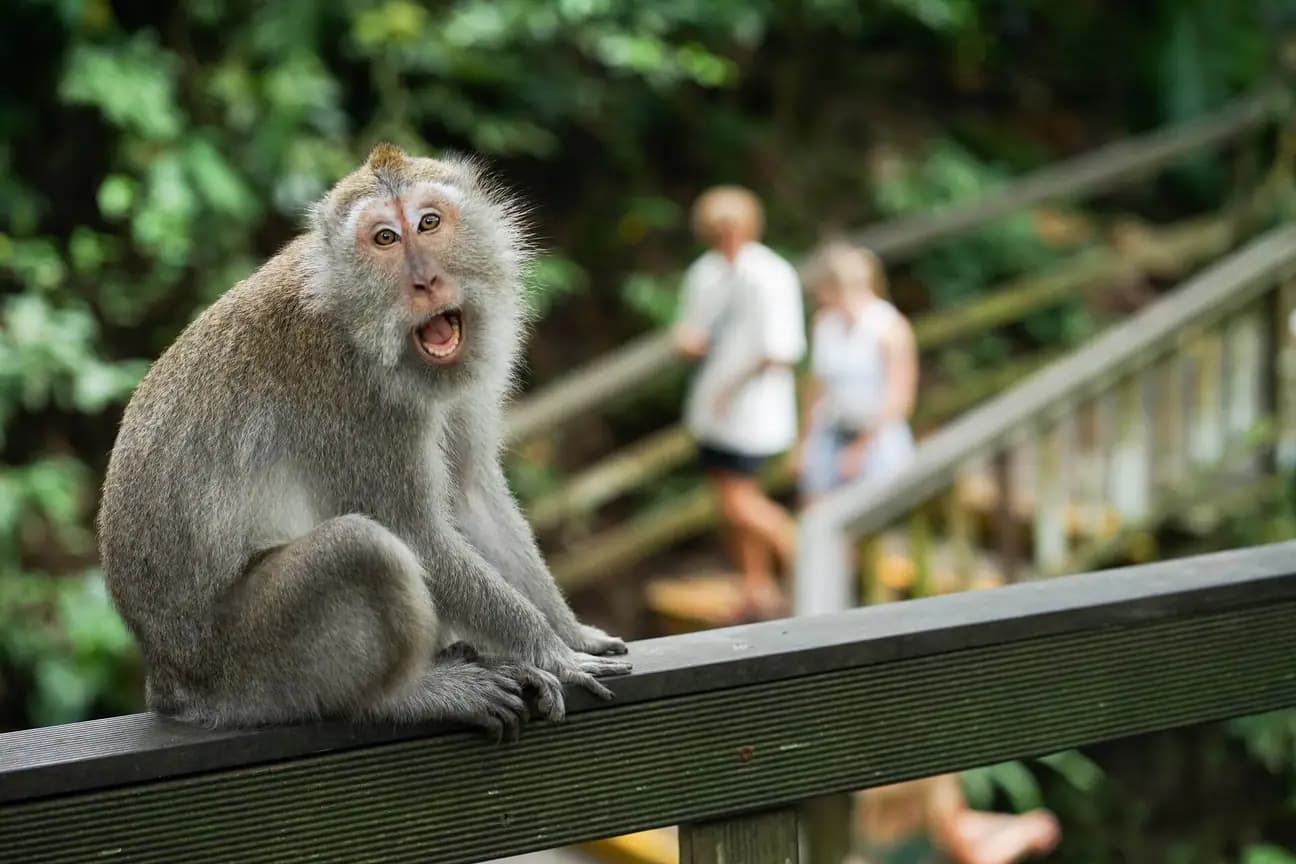Including these titles in the family tree is not only about tradition but also about showing respect and preserving customs that have been passed down through generations.
In the Balinese cultural context, the names in a family tree can be adjusted according to caste and vary depending on the closeness and position of each family member.
Here is a summary of the different names used according to caste in the Balinese family tree, based on various sources.
These nicknames are more than just terms; they reflect the position, birth order, and role within the extended family, which are essential to maintaining etiquette and identity within Balinese communities and families.
For those living in or planning to visit Bali and who may have relatives with Balinese cultural ties, it is essential to understand the terms of address used within families to avoid using incorrect greetings.
1. Grandparents
When addressing elders, especially grandparents, it is customary for grandchildren to call their grandfather Sis or Pekak and their grandmother Dong or Dadong. These terms are also used for elderly individuals outside the family as a sign of respect.
2. Parents
Parents are addressed differently depending on their caste. These terms are commonly used to show respect:
- Sudra Caste
In the Sudra caste, or for general family visits, male parents are typically called Bapa or Nanang, while female parents are referred to as Ibu or Meme. These terms apply to both biological and in-law relationships. - Higher Caste or Triwangsa
In higher castes such as Brahmana, Kshatriya, and Vaishya, parents have different titles. Fathers are addressed as Aji or Ajung, and mothers are called Biang or Bu.
3. Children or In-Laws
When addressing children or in-laws, the terminology also varies by caste:
- Sudra Caste
In the Sudra caste, daughters or daughters-in-law are called Luh, meaning "woman." Sons or sons-in-law are addressed as Ning or Cening, which mean "man." These terms, though simple, are cherished and preserved within the Sudra caste. - Higher Caste or Triwangsa
In the higher castes, daughters or daughters-in-law are often referred to as Gek or Yuk. The term Jegeg, meaning "beautiful," is sometimes shortened and used as a nickname. Sons or sons-in-law are called Gus or Gung, which translate to "handsome."
4. Relatives
Relatives older than one's parents, whether male or female, are commonly called Iwa, which is equivalent to "uncle" or "aunt" in Indonesian.
For younger relatives, specifically sisters younger than one's parents, they are often called Me Nik or Meme Cenik within the Sudra caste community. These nicknames are widely used and cherished.
Conclusion
Understanding these traditional names and titles within Balinese families helps maintain respect and cultural identity. Whether you are a local or a visitor, knowing the appropriate terms of address enhances communication and shows reverence for Balinese heritage.











